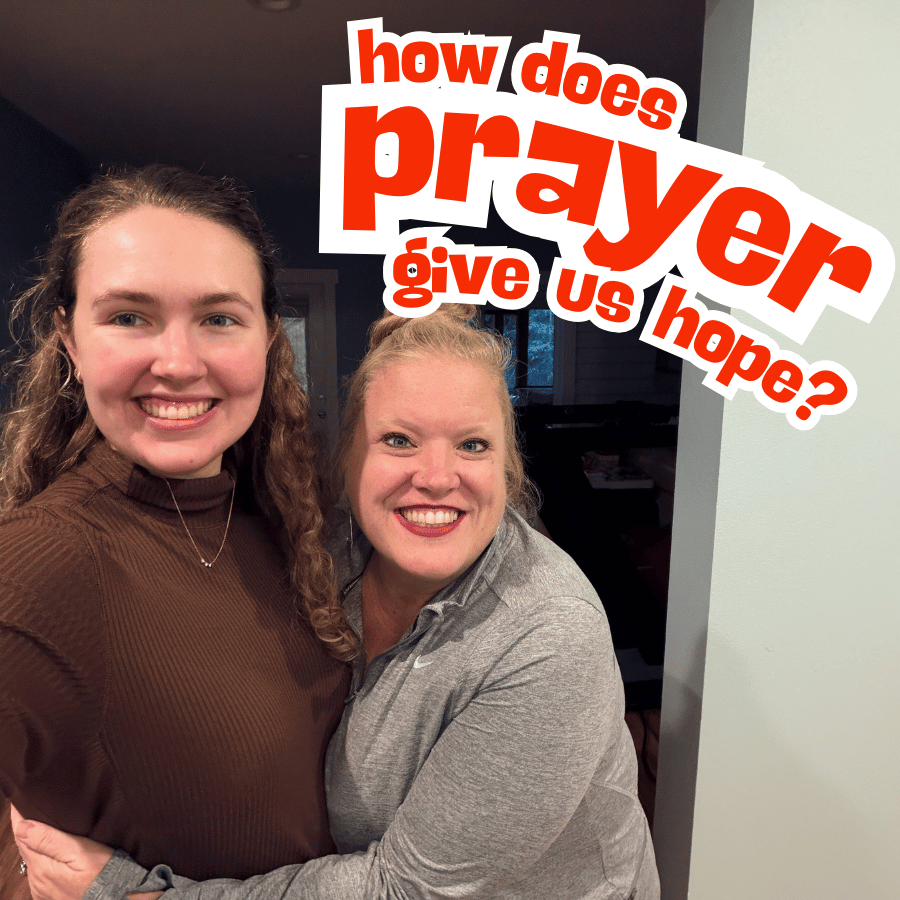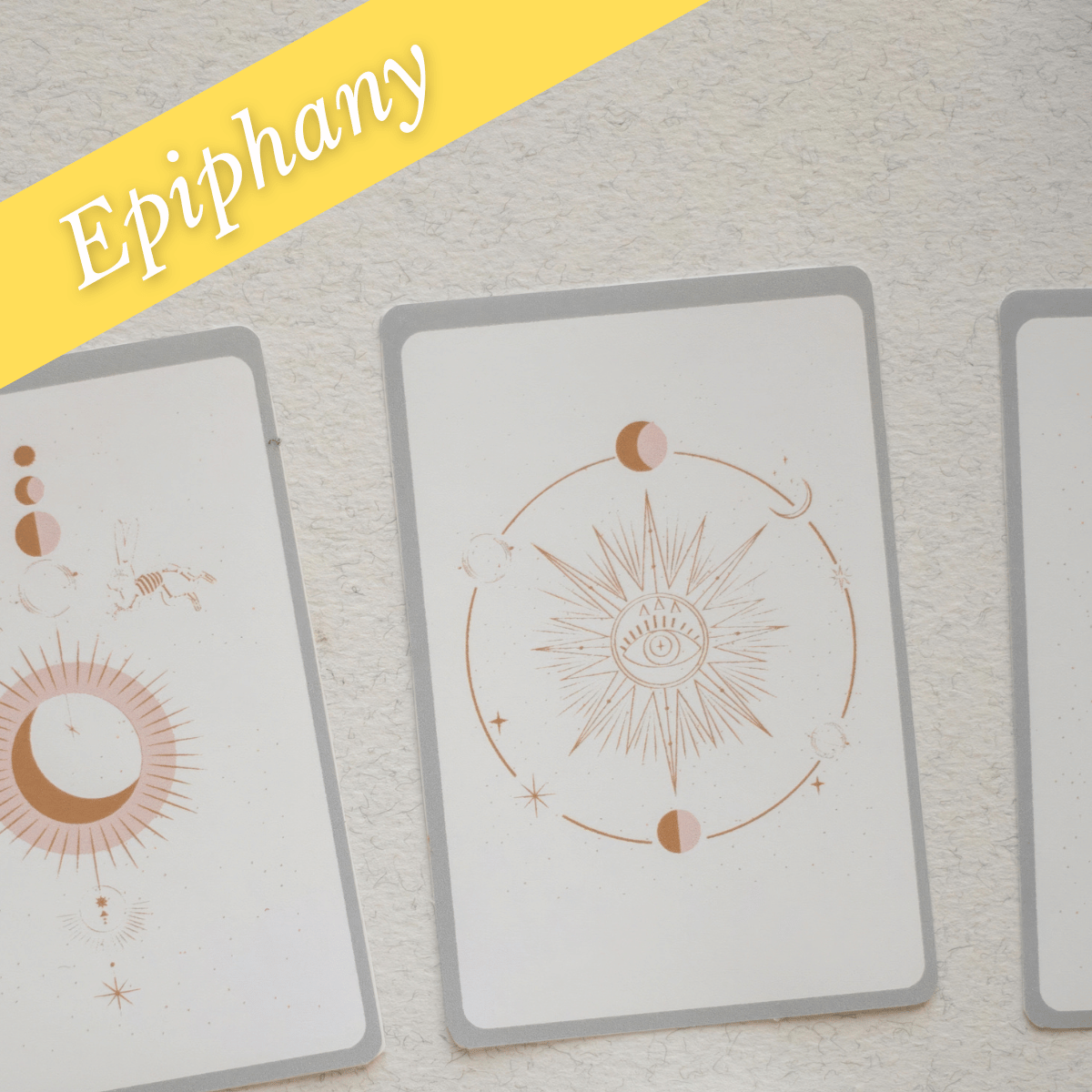Lent Week 4: A Season for Mourning
Written by Emma McCoy
2 minute read
Hey everyone! This blog belongs to the “Lent Series” that’ll run until Easter. In this series of fictional short stories, I’ll be revisiting characters from the Advent series (which you can find HERE) who are folks from various walks of life—from college grads to business executives to those in recovery. These stories will engage with how these characters can be good friends and neighbors to people in their lives who are suffering. What happens when friends are turned into suffering people? Enjoy!
A Season for Mourning
Darla sat in her wheelchair, looking through the plexiglass at the babies in the NICU. They were so small and fragile in their huge plastic boxes, wires dispensing drugs, helping them breathe, and monitoring their hearts. Some wore little knitted caps, and others had stickers and cartoon animals on their boxes—ladybugs and lions and flowers. Darla liked the evidence that someone cared for these babies dearly. Each of them had someone worried about them and waiting for them to come home.
Darla, technically speaking, wasn’t supposed to be on the NICU floor. But in the few weeks she’d been hospitalized, undergoing dialysis for her kidneys and going through round after round of antibiotics, she’d made fast friends with the nurses. Every afternoon they wheeled her up so she could watch the NICU babies and pray, and then they’d come get her for her third batch of pills for the day. She sat in her wheelchair, hands folded in her lap, praying that the babies would recover. She wasn’t sure how she’d gotten this old and this sick, but it didn’t seem right that such little babies were already fighting a stacked deck. The machines beeped and hummed. Shoes squeaked along the hallway, people coming and going. She hadn’t realized just how much she missed silence until she came here—nothing was ever quiet, and while she was rarely alone, she’d never felt more lonely.
A man came up and stood beside her. Sort of, at least. He was a few feet away but definitely next to her, looking in on the babies with his hands in his pockets. He wore faded jeans, a scrub top, and a brown watch that looked broken: it had stopped ticking. His brown hair was rumpled and his shoulders had a slump to them that she could recognize.
“Are any of them yours?” she asked.
He looked over, startled. There was something familiar about him. “I—uh.” He glanced at her chair. “Are you alright?”
“I’m fine,” she said automatically. “I’ve got lupus nephritis, so I have to be on dialysis for a while. My husband is here when he can, but…” she trailed off. This man was clearly worried, and she didn’t want to be the old lady who talked too much. He looked so concerned and weary, her own pain faded to the background for the moment.
“So,” she said again, “which one’s yours?”
He looked over at her, naked worry on his face. “The girl. Two from the left.”
Ah, yes. She was the one with the ladybugs on her bassinet. She had a breathing tube, but looked bigger than some of the other babies. That was good, wasn’t it?
“Eli!” Darla said suddenly.
The man jerked. “What?”
“I’m sorry, dear. I just remembered where I know you from. You’re a nurse at the clinic I used to visit a lot before my diagnosis. I didn’t mean to startle you.”
“It’s okay,” he mumbled.
“I remember you talking about your baby girl. I’m so sorry she’s here.”
A nurse passed them, walking briskly with a chart to her chest. Eli lowered his eyes. “I just…” he started, his eyes filling with tears, “I don’t know what happened. She was fine. She was fine. And then she wasn’t. How can someone so small handle so many heart surgeries?” He started to cry silently, staring at his daughter. “How can her heart be done already? And I can’t do—” He stopped, wiping his eyes.
Darla thought about her husband and how he drove her faithfully to every doctor’s appointment, sitting with her in the hospital, bringing her food and trying to make her laugh. She thought about how when he thought she wasn’t looking, the pain would enter his eyes and his shoulders would curve inward. He didn’t know, but she could see the toll it was taking on him, watching her slowly get worse and worse.
“You’d give the heart right out of your chest,” she said, “to make it stop. Wouldn’t you?”
He nodded, sobbing. And he walked over and she clutched his hand, and he squeezed so hard it hurt. It all hurt. And it didn’t matter that he didn’t recognize her, because she recognized him. She held his hand while he cried and she prayed through the glass, over his baby girl.







3-minute read